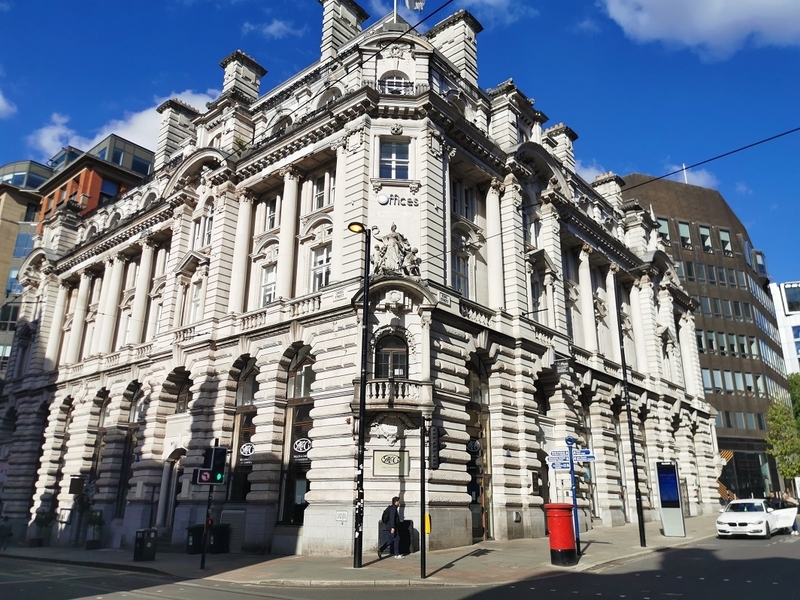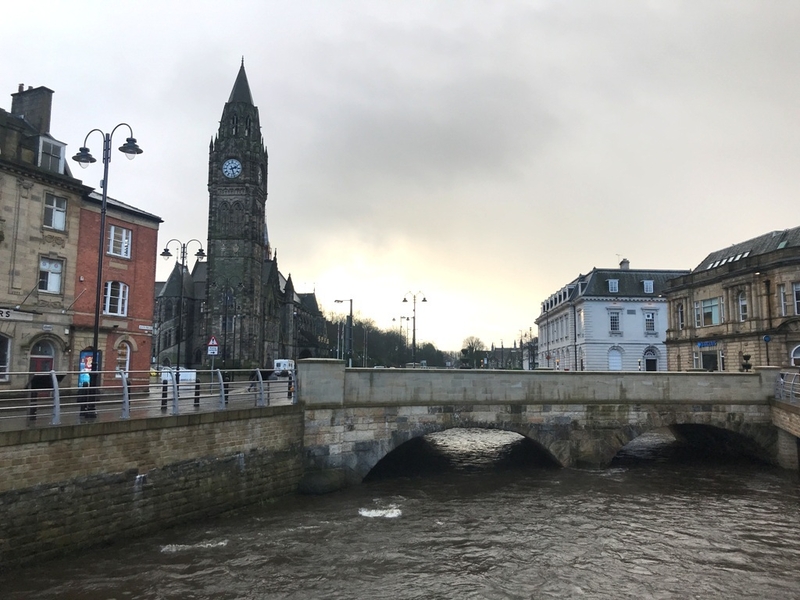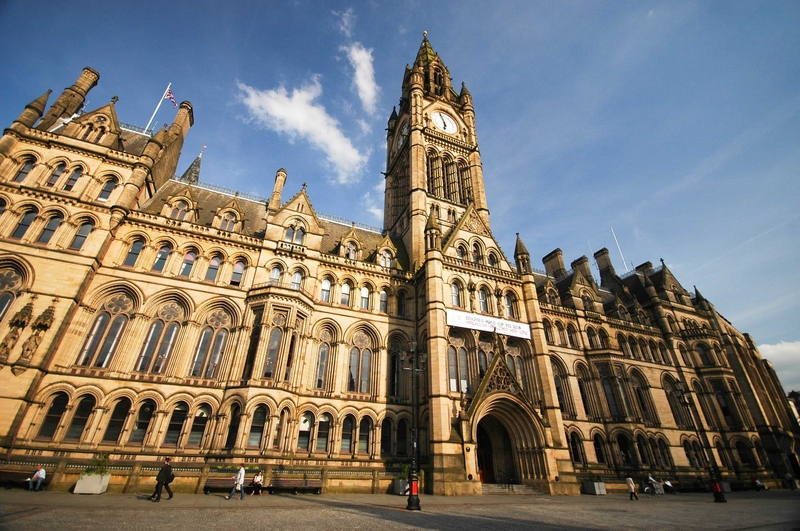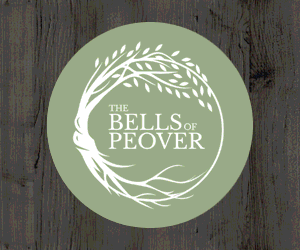John Blundell contemplates changing the name of the city region and what it would mean for our prosperity
During lockdown, I have been thinking a great deal about the future trajectory of the city. I am ever of the opinion we need to drop the ‘Greater’ and unify the city’s governance and culture - if Manchester wants to punch into the next level of city.
If London is a city of villages, Manchester is a city of towns
Originally, Manchester had become so dependent on the cotton industry that when it became uncompetitive, the city was knocked for six. Policymakers were obsessed with trying to ‘create’ employment, given the rapid decline of the city’s industrial base, rather than trying to create a place where people wanted to stay.

The reason they failed to stem the decline of jobs by focusing on creating them is that 'the new cotton' isn’t actually something tangible, it is knowledge. The perfect conditions for growth are therefore to attract lots of people with - or with a thirst for - knowledge.
Manchester’s recent growth was realised because it created those conditions.
Rochdale has for decades had the aim of attracting employment but never really recovered because it never stopped the brain drain and never sought to attract anybody from the outside world. Read any book on city growth - the cities people write about are those whose populations are expanding.
There are three ways a city can grow. The first is the most obvious: population increase. When an area is undesirable and there is a lack of economic activity people leave. This is less likely to happen when an area is pleasant and well connected.
The second way of growing is to reduce the travel time it takes to reach other places. Cities bring people closer together, with jobs, residents and visitors creating a mix of activity. The greater the mix, the more exciting the place tends to be.
The perception of distance is dictated by the time it takes to get there. If you reduce the travel time between places, the area appears smaller and the whole bigger. Reducing travel times, therefore, is a means of growing a city. The Greater Manchester Transport Strategy 2040 puts us in a good place for this type of growth.

Thirdly, willingness to travel can grow a city. The city’s population and the time it takes to travel between areas may not have changed but if the people living there are more willing to travel, or they now see an area as part of their 'neighbourhood’, the world becomes a bigger place.
Three million people may live in Greater Manchester but unless each district sees the other as somewhere viable to live and work, they may as well be a thousand miles away from each other.
It is the third type of growth that Manchester needs to focus on if it wants to grow post-pandemic. The urban form of Manchester lends itself to a major central hub surrounded by multiple strong towns.
If London is a city of villages, Manchester is a city of towns.

For Manchester to bust into the next level of city, we need to reform the culture of conurbation so there is an acceptance that the regional centre is owned by the entire population. Being Mancunian is the dominant culture but many (mainly older) people wouldn’t call Bolton or Oldham a Manchester borough. For younger citizens, this is changing. The city could boom if it could entice the population to see the centre as theirs.
In return, central Manchester needs to accept a renewed role for its neighbours and accept them as theirs, not as separate siblings but a single mass. Manchester is the only other metropolitan county to be named after the centre point other than London because of this fairly unique relationship.
I have great admiration for Leeds and Birmingham but their immediate neighbours would find it a bitter pill to swallow to be labelled as a part of their orbit. Hence their county names ‘West Yorkshire’ and ‘West Midlands’.
There is power in a name and by making the pieces feel a part of the whole, the sum of those parts will be bigger.
Manchester’s culture is already dominant in the region - and known around the world, the introduction of the Mayoral model has proved a unifying force for the city and the success of the regional centre can only be rivalled by London.
For the sake of the city’s future, we must drop the ‘Greater’, call Mr Burnham the Mayor of Manchester and my hometown needs to be known as the Manchester Borough of Rochdale.
About the author
Occasional contributor John Blundell is a Labour councillor for Smallbridge and Firgrove, and the Cabinet Member for Regeneration, Business, Skills & Employment on Rochdale Council.
John is also the chair of the Rochdale Stations’ Alliance which recently published its Rochdale Rail Corridor strategy. The strategy was devised before the pandemic but has become of interest to the wider public because of it.











